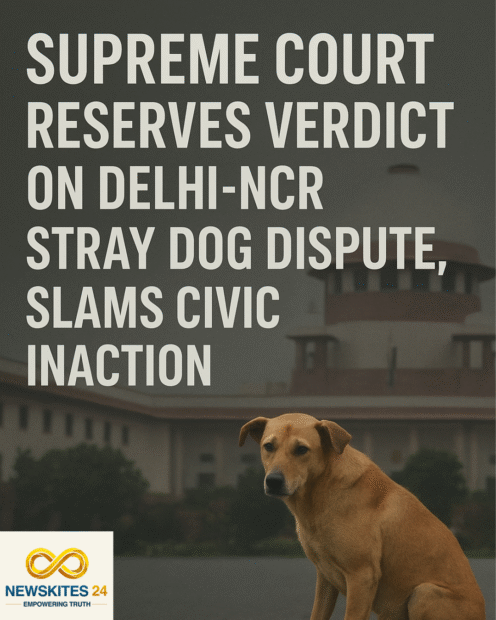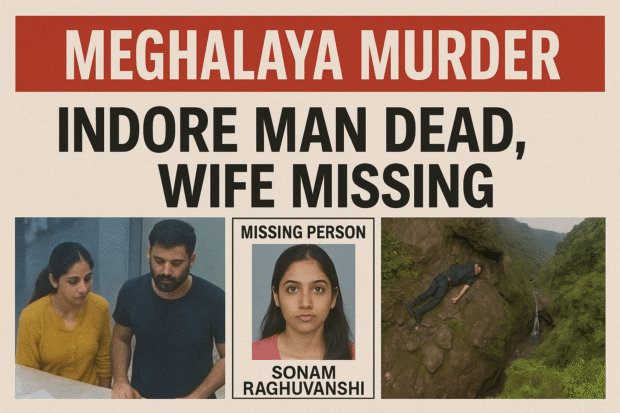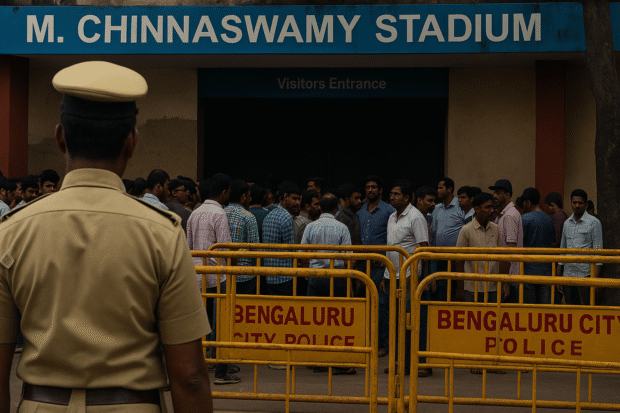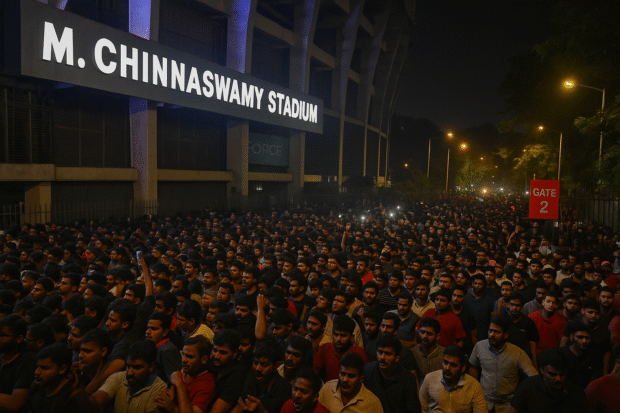

New Delhi, August 14, 2025 — The Supreme Court today reserved its order in the high-profile case concerning the handling of stray dogs in the Delhi-NCR region, while sharply criticising municipal authorities for failing to act under existing rules.
A newly assigned three-judge bench — Justices Vikram Nath, Sandeep Mehta, and N.V. Anjaria — heard petitions challenging the court’s earlier 11 August directive that ordered all stray dogs in Delhi, Noida, Gurugram, and Ghaziabad to be captured, sterilised, vaccinated, and housed in shelters within eight weeks.
A Heated Policy Clash
The August 11 order marked a sudden departure from the long-standing Animal Birth Control (ABC) protocol, which allows for sterilisation and vaccination followed by release back into the community. While the directive was justified as a public safety measure amid rising cases of dog bites, it triggered a strong backlash from animal rights activists, political leaders, and residents concerned about the fate of street dogs.
Concerns Over Feasibility and Welfare
During today’s hearing, senior advocates argued that the relocation plan was impractical and potentially inhumane, given the shortage of shelters, the stress relocation causes to animals, and the costs involved. They questioned whether civic bodies could realistically capture and house thousands of dogs without violating animal welfare norms.
Civic Bodies in the Dock
The bench did not shy away from criticising municipal corporations, stating that the current problem is rooted in years of neglect. Despite having clear ABC guidelines and budget allocations, many local bodies have failed to run effective sterilisation drives or maintain dog population data. The judges observed that if the rules had been properly implemented, the present crisis might not have reached this scale.
Balancing Safety and Compassion
Solicitor General Tushar Mehta highlighted the public health risks, citing the high number of bite incidents and the fear among residents, particularly parents of young children. He insisted that the government was not “anti-animal” but had a duty to ensure safe public spaces.
On the other side, animal welfare advocates stressed that removing entire dog populations disrupts ecological balance and can even worsen aggression if new, unsterilised dogs move into vacated areas.
Awaiting the Final Word
The court’s decision — expected in the coming days — will determine whether the August 11 order stands, is modified, or is replaced with a more gradual, humane strategy. Whatever the outcome, it is clear the ruling will shape India’s urban stray dog policy for years to come.
Read more on Newskites24.com
















Be the first to leave a comment